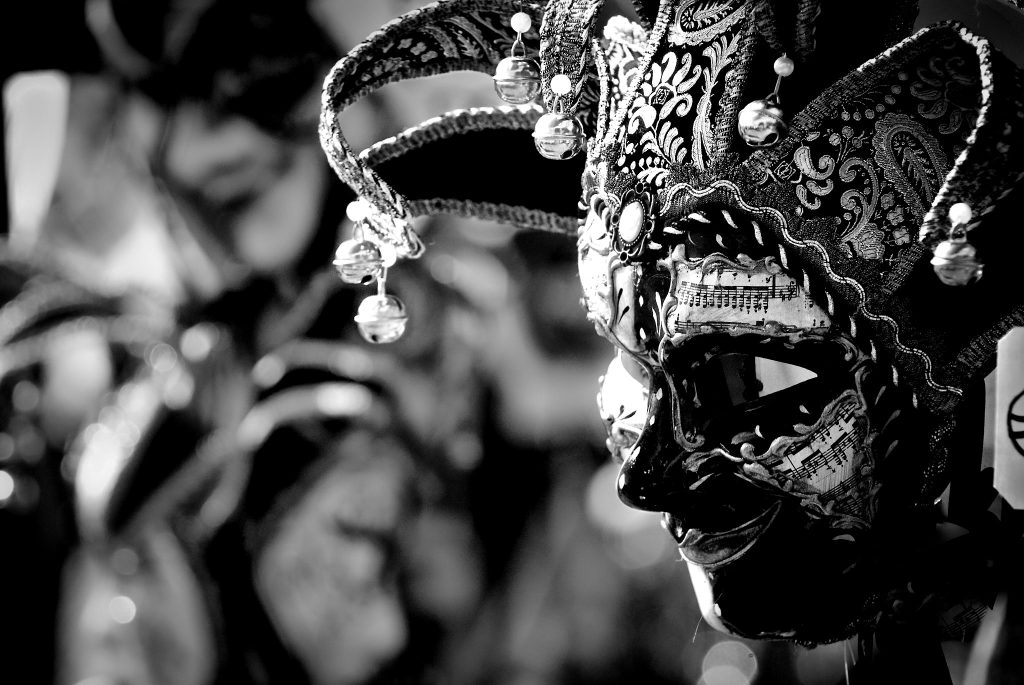Forgiveness is often perceived as an act of weakness or surrender, but in truth, it is one of the most profound demonstrations of strength. It requires us to transcend our instinctual desire for retribution and instead, seek to understand the pain or struggle that may have driven someone to cause harm. In this light, forgiveness becomes not just a release for the one who forgives but also an opportunity to view the world through a lens of empathy. By choosing to understand rather than retaliate, we empower ourselves to break the cycle of hurt and offer compassion in the face of conflict.

Yet, the path to forgiveness is not always easy. It demands a deep introspection and a willingness to confront our own vulnerabilities and biases. Often, the pain we feel blinds us to the possibility that the person who hurt us may be suffering in ways we cannot see. By pausing to reflect on their situation, we invite a broader perspective into our lives—one that acknowledges the complexity of human emotions and actions. This perspective can be healing, for it shifts the focus from the wrong done to us, to the shared experience of being human, fraught with imperfections and struggles.
Ultimately, forgiveness is as much about freeing ourselves as it is about extending grace to others. Holding onto anger or resentment binds us to the very pain we wish to escape, perpetuating a cycle that can consume our emotional and mental well-being. When we choose to forgive, we let go of the need to retaliate, and in doing so, we release ourselves from the burden of bitterness. This act of letting go allows us to move forward with a lighter heart, opening the door to healing and peace—both within ourselves and in our relationships with others.